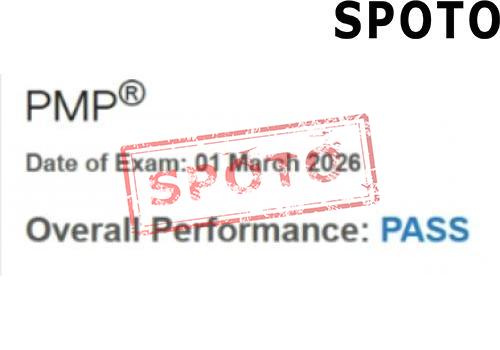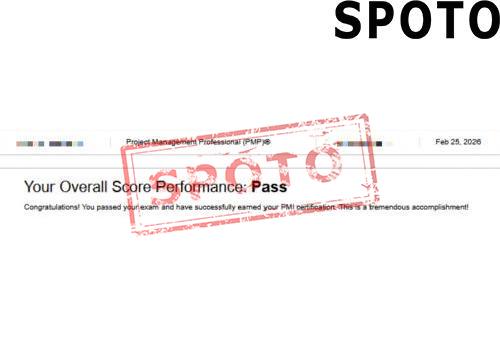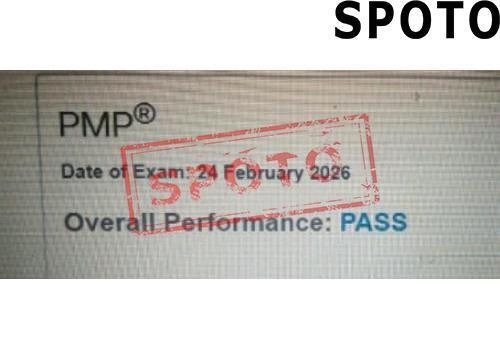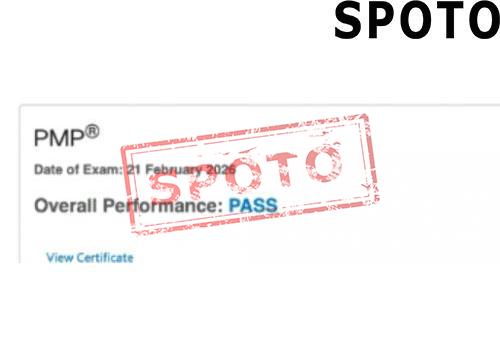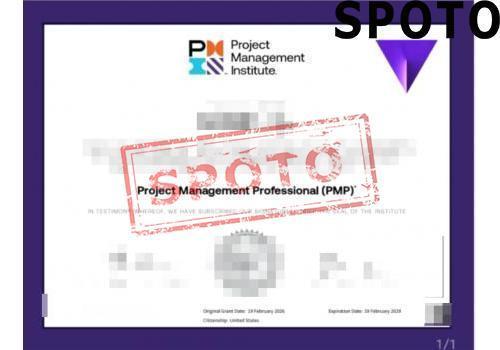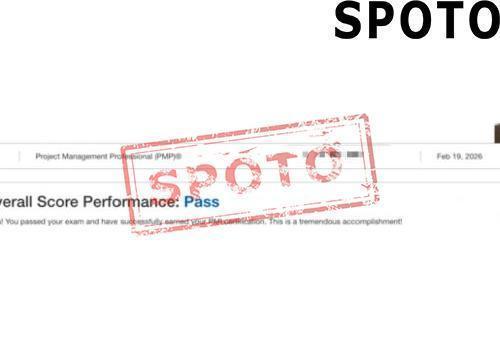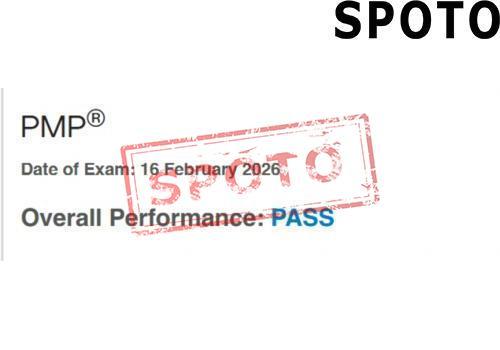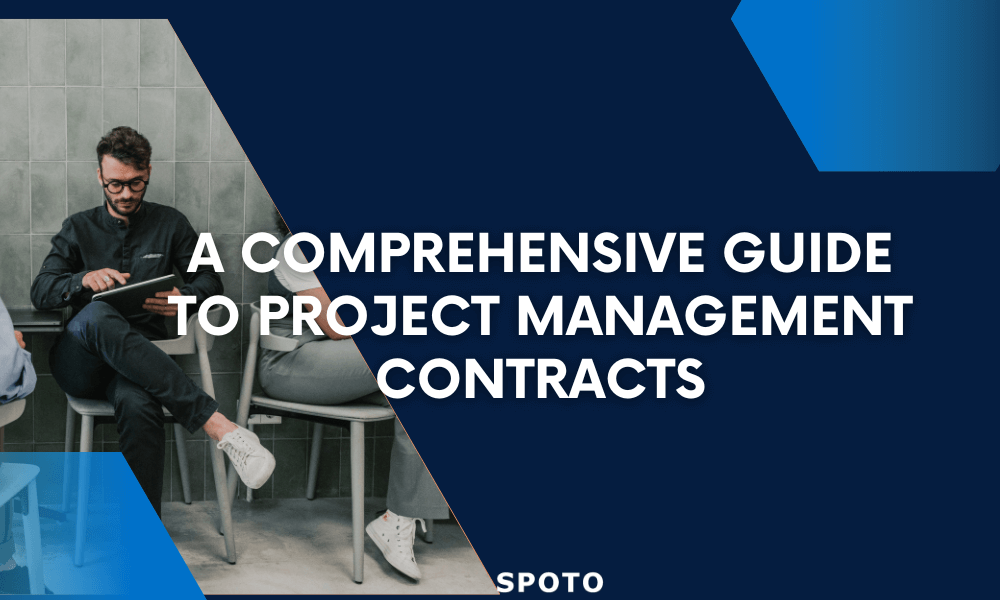
Table of Contents
I. Introduction
A. Importance of Project Management Contracts
Timely completion and efficient execution of any project largely depend on the creation of a well-defined contractual blueprint. Project management contracts play a pivotal role in setting the course for success, laying down the rights, responsibilities, conditions, and many other crucial facets. They serve as a guiding light, ensuring everyone associated with the project operates on the same page.
B. Overview of the Article's Content Points
In this comprehensive guide, we delve deep into the realm of project management contracts. Illuminating the key elements and common types, shedding light on essential considerations, examining best practices for crafting effective contracts, and exploring contract execution and management strategies, this intensive article offers a panoramic view of the project management contract landscape. So, get ready for an informative journey and let your projects thrive with contract expertise.
II. Understanding Project Management Contracts
A. Definition and Purpose of Project Management Contracts
A project management contract basically signifies an agreed-upon working framework dedicated to delivering specific project results. It is a formal written agreement between two parties—the project owner, often referred to as the client, and the project manager, frequently an external contractor or consulting firm. This contract's core purpose is to define the objectives and specific tasks of the project, allocate responsibilities, and establish the grounds for remuneration.
B. Key Elements to Include in a Project Management Contract
When creating a project management contract, several critical components should be incorporated. These include the precise scope of the project, detailed deliverables, project timeline, project budget, assignment of roles and responsibilities, and provisions for change management. It should also detail dispute resolution mechanisms, terms for contract termination and, importantly, a clause that addresses the handling of confidential information.
- Scope of the project: This section should clearly outline the work to be handled in the project. It's essential to define the scale of tasks to minimize misunderstandings in future.
- Detailed deliverables: The contract should detail what the project manager is expected to deliver upon completion of the project.
- Project timeline: It’s crucial to include an estimated timeline detailing project completion stages and milestones.
- Roles and responsibilities: The contract should explicitly state who is responsible for individual tasks within the project.
C. Common Types of Project Management Contracts
There are several types of project management contracts used, often chosen based on the nature of the project, risk tolerance, and several other factors. Some common contracts include fixed-price contracts, time and materials contracts (T&M), and cost-reimbursable contracts.
- Fixed-price contracts: Here, a specific sum is agreed upon for the contracted work. Such contracts work well when project requirements are clear and unlikely to change.
- Time and materials contracts (T&M): As the name implies, these contracts are based on time spent and materials used in project completion. It's best used in situations where project outcomes are harder to predict at the outset.
- Cost-reimbursable contracts: These contracts ensure the project manager is reimbursed for actual costs incurred plus a fixed fee or a percentage of costs. This type of contract is typically used in projects where costs are unpredictable.
III. Essential Considerations for Project Management Contracts
A. Identifying project objectives and scope
Before anything else, it's crucial to clearly define the project's objectives and scope. This is the foundation on which your contract will be built. Ensure the contract includes specific goals that align with both the business strategy and customer expectations. The scope outlines the extent of the project, including the work that must be completed, the required resources, and the boundaries. Avoid vague language - be as precise and concrete as possible.
B. Establishing clear roles and responsibilities
Assigning and conveying clear roles and responsibilities is a critical element of a project management contract. Each team member, stakeholder, and party involved must understand their tasks and obligations. This clarity aids in maintaining order and efficiency, mitigates confusion, and ensures accountability throughout the project's lifespan.
C. Defining project timeline and milestones
An effective project management contract needs to establish a realistic timeline with key milestones. These milestones serve as checkpoints to track and measure progress, thereby helping to ensure timely completion. Be sure to account for potential delays and provide some leeway, but make sure this is clearly stipulated in your contract.
D. Allocating resources and budget
In your contract, clearly specify the resources necessary to accomplish the project goals - this includes staff, equipment, materials, and budget. The contract should detail the budget breakdown and financial allocation to help avoid runovers, misappropriation and to outline financial responsibilities of all parties involved, as well as their commitment to the project's financial scope.
E. Addressing risk management and liability
Every project entails risks. An effective project management contract must therefore outline a comprehensive risk management plan. This includes identification, evaluation, and prioritization of risks, followed by coordinated application of resources to minimize, control, and mitigate the impact of unfortunate events. Liability, including contractual liability and professional indemnity, should also be addressed and clarified.
F. Handling change orders and scope creep
Change is inevitable in any project, so your contract must account for change orders and scope creep - the expansion of the project scope beyond its original plans. It's essential to include terms and conditions that describe how changes will be evaluated, approved, implemented, and, most importantly, how these changes will affect timeframes and cost.
IV. Best Practices for Crafting Effective Project Management Contracts
In the complex landscape of project management, constructing a robust and well-tailored project management contract is vital. Following these best practices can help ensure your contracts serve as effective tools for guidance, accountability, and conflict resolution throughout the life of your projects.
A. Conducting Thorough Project Scoping and Planning
Before drafting a contract, comprehensive project scoping and planning are essential. This process includes clearly defining the project's objectives, deliverables, and scope. Include a comprehensive understanding of the resources required, potential obstacles, risk factors, and success metrics. This comprehensive planning phase sets the stage for a contract that is holistic, realistic, and equipped to guide the project to successful completion.
B. Utilizing Detailed Specifications and Deliverables
Describing in detail the project deliverables and specifications within the contract ensures a shared understanding between all parties. Clearly specify the nature, quality, and timelines of expected results to avoid any misconceptions or disputes later on. Where possible, include measurable criteria to enable objective evaluation of performance.
C. Incorporating Clauses for Potential Disputes and Termination
Not every project goes as planned. Preparing for potential disputes, the contract must contain specific clauses detailing the processes for handling disagreements or contract termination. This can include conflict resolution mechanisms, such as mediation or arbitration, and clear conditions under which the contract could be terminated, helping to protect all parties involved.
D. Ensuring Compliance with Legal and Regulatory Requirements
A well-crafted project management contract goes beyond technical project details; it also ensures compliance with applicable legal and regulatory standards. From labor laws to data protection regulations, make sure your contract aligns with relevant legal requirements to prevent complications and potential penalties down the line.
E. Including Clear Payment Terms and Conditions
The contract should include explicit payment terms, including the amount, frequency, and conditions for payments. Clarity about the terms of payment can prevent disputes later and ensure that all parties have a clear understanding of their financial obligations from the outset.
F. Maintaining Ongoing Communication and Documentation
Ongoing communication and meticulous documentation should be foundational elements in any project management contract. Contracts should establish processes for regular status reports, project revisions, and stakeholder communication. Furthermore, a commitment to robust documentation ensures transparency and traceability, invaluable in monitoring progress and resolving potential disputes.
The webpage from Simplilearn focuses on the various types of contracts in project management, discussing fixed price, time and material, and cost-reimbursable contracts. It covers their specific characteristics, advantages, and situations where each type would be most appropriate. Additionally, the article includes elements of a legally binding contract in project management and emphasizes the importance of selecting the right contract type for successful project delivery. For more detailed insights, you can visit the page directly [here](https://www.simplilearn.com/project-management-contracts-article). Based on this information, I will now create the requested article section on "Contract Execution and Management" with the correct HTML tagging. ---
V. Contract Execution and Management
A. Negotiating and finalizing the contract
Contract negotiation and finalization are pivotal in ensuring mutual understanding and agreement between parties. This phase should meticulously align with the project's objectives, addressing all nuances of the contract type, be it fixed price, time and material, or cost-reimbursable. It’s crucial to negotiate terms that protect both parties' interests, leading to a balanced and effective contract.
B. Monitoring contract performance and progress
Effective contract management requires regular monitoring of performance against the contract's stipulations. This oversight ensures adherence to the project’s timeline, scope, and budget, highlighting any deviations for timely corrective actions. Monitoring also involves assessing the quality of deliverables and the efficiency of ongoing processes.
C. Managing contract changes and amendments
- Change Management: Effective contracts anticipate the need for flexibility, detailing procedures for managing changes. This includes handling scope alterations and unforeseen circumstances while maintaining contract integrity.
- Amendment Process: A structured amendment process is essential for formalizing any changes agreed upon, ensuring they are legally binding and reflected in the project's scope and objectives.
D. Ensuring contract compliance and quality control
Ensuring compliance with the contract involves regular reviews and audits. Quality control measures, aligned with the contract's standards, are integral in maintaining project integrity. This includes adherence to legal and regulatory requirements, safeguarding both parties' interests and project outcomes.
VI. Conclusion
In exploring the landscape of project management contracts, we have delved into the nuances of contract types, emphasizing their criticality in aligning project objectives with organizational goals. We have navigated through the intricacies of fixed-price, cost-reimbursable, and time-and-material contracts, shedding light on their unique attributes and applications in various project scenarios.
The importance of meticulously crafted project management contracts cannot be overstated. These agreements serve as the backbone of project success, ensuring clarity, accountability, and alignment among all stakeholders. By embedding key considerations such as scope definition, role assignments, milestone scheduling, resource allocation, and risk mitigation within these contracts, organizations can significantly enhance project outcomes.
As we conclude, it is imperative to underscore the transformative impact that a well-structured project management contract can have on project execution and delivery. The insights and best practices outlined in this discussion are intended to empower project managers and stakeholders to forge contracts that not only safeguard interests but also foster an environment of collaboration and innovation. Let this guide serve as a beacon, encouraging the adoption and adaptation of these strategies in pursuit of project management excellence.
